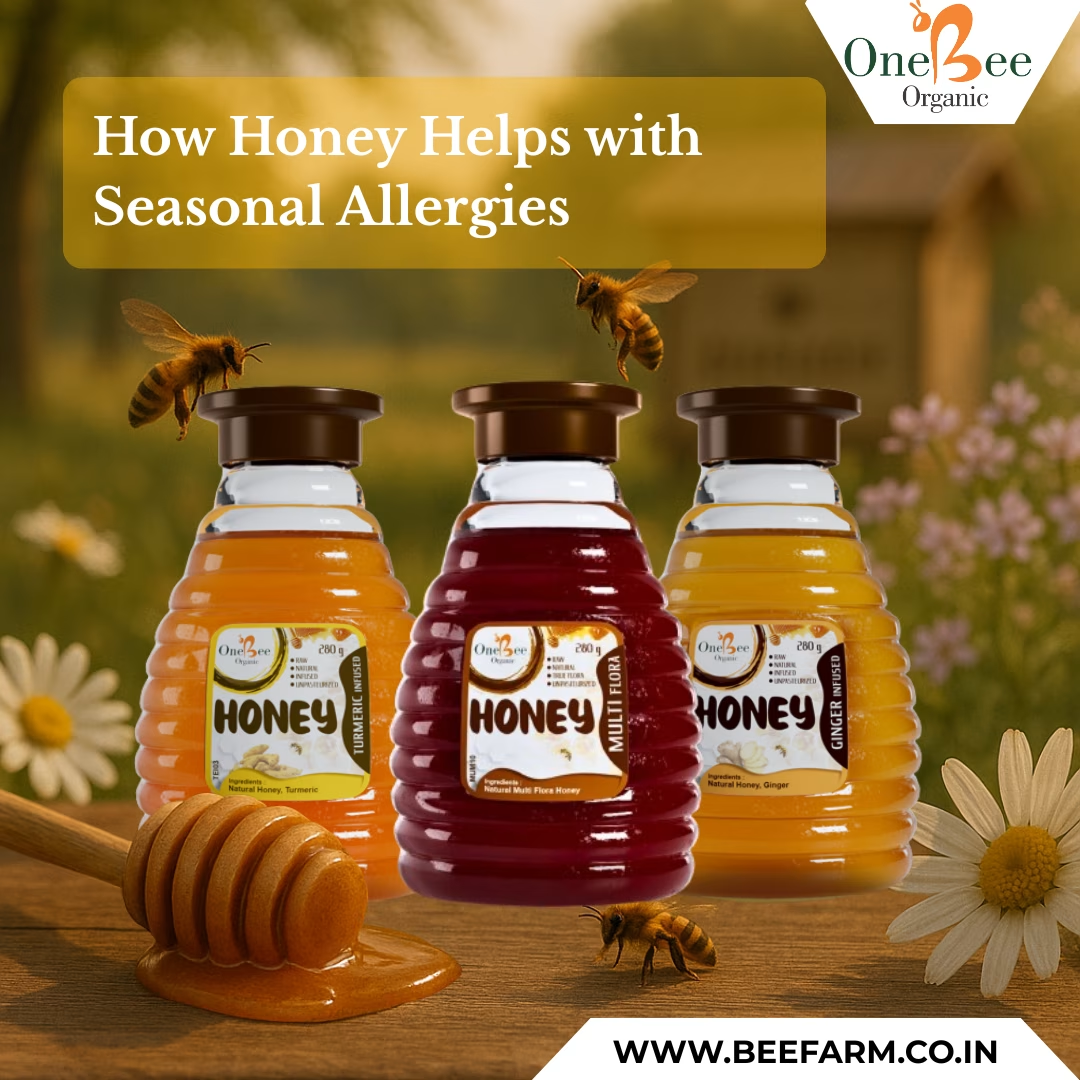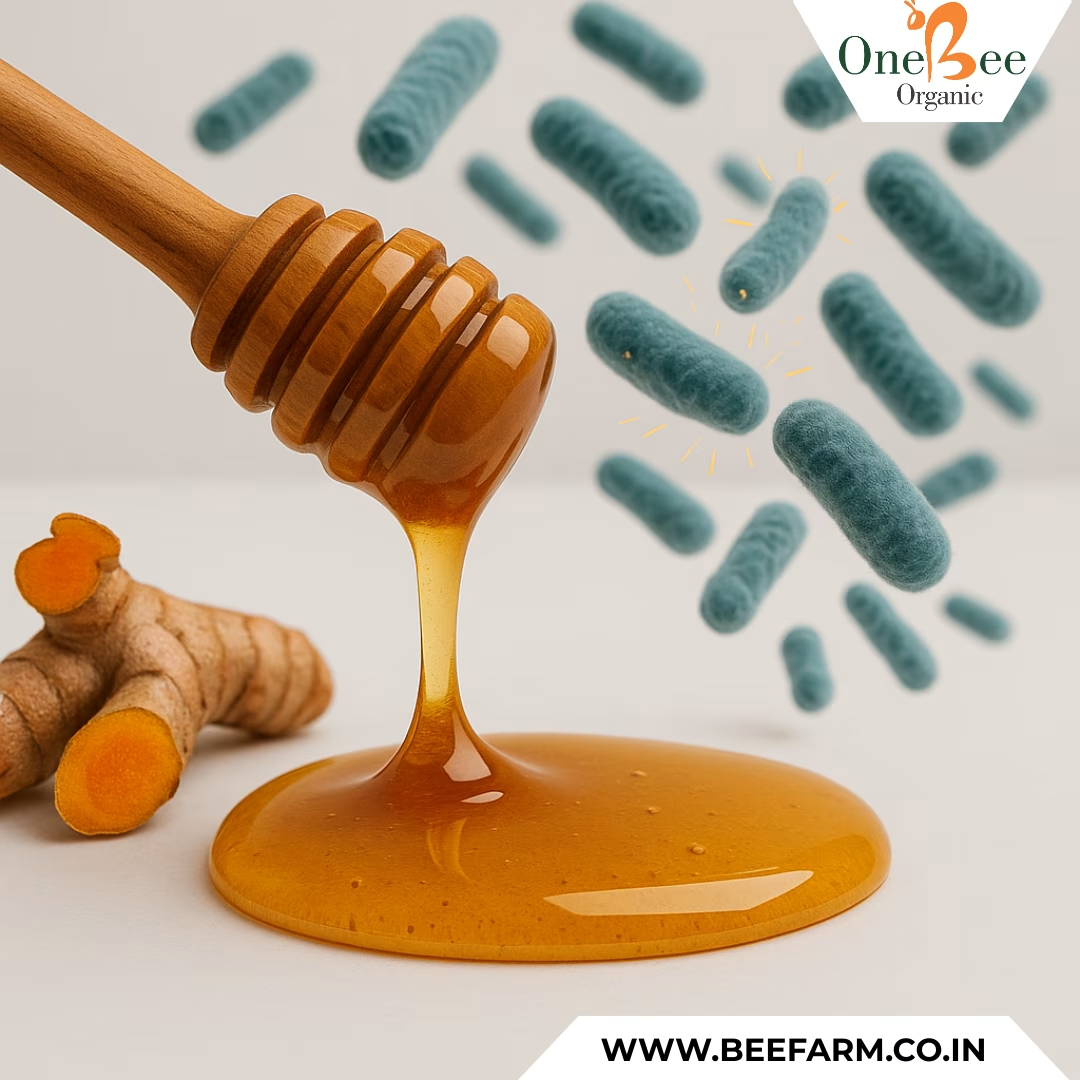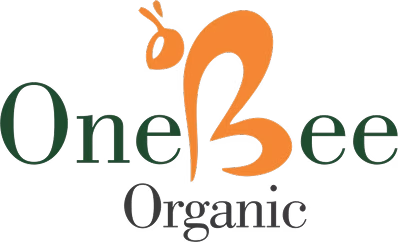How Honey Helps with Seasonal Allergies
Seasonal allergies can turn a beautiful spring day into a sniffly, sneezy struggle. However, what if a natural remedy already sits in your kitchen? For many people, raw local honey is believed to ease the symptoms of seasonal allergies. In this post, let’s explore how honey may support your immune system and provide natural relief.
What Are Seasonal Allergies?
Seasonal allergies, also known as hay fever (allergic rhinitis), are caused by an overreaction of the immune system to airborne substances such as:
- Pollen from trees, grasses, and weeds
- Dust and mold spores
- Pet dander, which worsens during certain seasons
As a result, symptoms like sneezing, runny nose, itchy eyes, and fatigue occur.
The Honey Connection: How It May Help
Interestingly, raw honey—especially local honey—contains trace amounts of pollen. This concept is somewhat similar to a natural vaccine. By introducing your body to small, consistent amounts of local pollen, you may help desensitize your immune system over time.
Here’s how it works:
- You consume raw local honey containing tiny pollen particles.
- Gradually, your body builds a tolerance to these allergens.
- Consequently, allergy symptoms may lessen with regular use.
Although scientific evidence is still limited, many allergy sufferers report noticeable relief after incorporating honey into their daily routine.
Best Honey for Allergy Relief
Not all honey offers the same benefits. To help ease allergy symptoms, choose:
- Raw, unfiltered honey, which preserves enzymes and pollen
- Local honey, as it contains the allergens you’re regularly exposed to
- Wildflower or multifloral honey, which includes a wider pollen variety
How to Use Honey for Allergies
Consistency matters. To potentially reduce allergy symptoms, try the following:
- Take 1 teaspoon daily, starting a few months before allergy season
- Add it to warm tea, smoothies, or toast—not hot, as high heat can destroy nutrients
- Combine it with turmeric or ginger for extra anti-inflammatory benefits
Note: Never give honey to children under 1 year of age.
What Science Says
While honey hasn’t been formally approved as a treatment for allergies, several studies suggest it may provide relief due to its:
- Anti-inflammatory and antioxidant properties
- Mild exposure to allergens
- Soothing effects on the throat and sinuses
For example, a small study published in the International Archives of Allergy and Immunology found that participants who took honey daily experienced significant relief from allergy symptoms over an eight-week period.
When to Be Cautious
Although honey offers potential benefits, it’s important to keep a few things in mind:
- It should not replace medical treatment for severe allergy cases
- It may not work for everyone
- Those with severe pollen allergies should consult a doctor before trying honey
- Always opt for pure, raw honey to avoid additives or contamination
Nature’s Sweet Relief
Ultimately, while honey isn’t a miracle cure, it’s a natural, gentle, and enjoyable way to support your health during allergy season. Additionally, it provides immune support, antioxidants, and may even benefit gut health.
At Beefarm, we proudly offer a selection of raw and local honeys, many infused with wellness-boosting ingredients. They’re perfect for your allergy-relief routine—and your tastebuds.








Leave A Comment